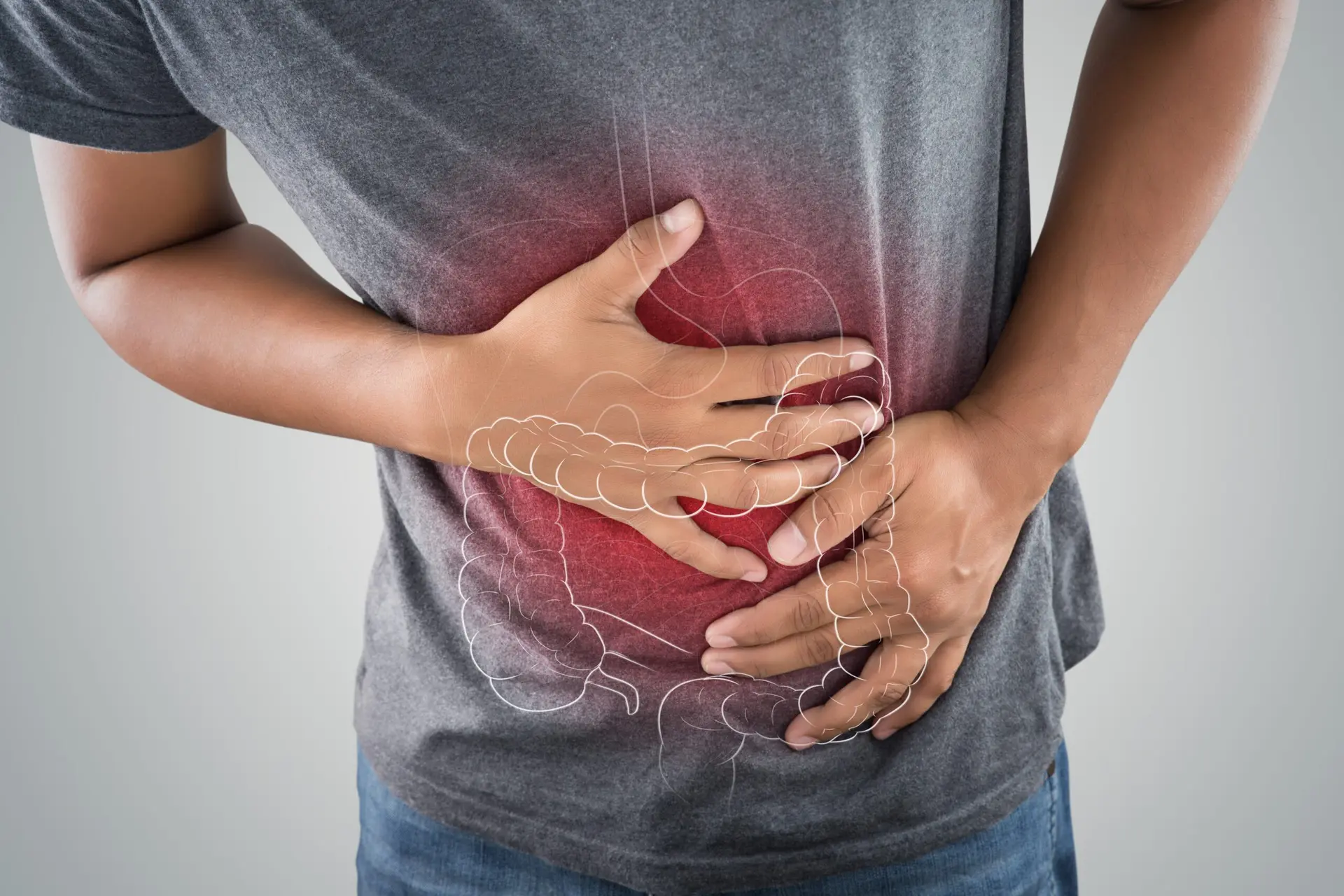On top of all the other things we need to be aware of in terms of staying healthy — like keeping fit, looking after our mental health and minimising drug use, smoking and alcohol — gut health is starting to become more prominent.
But it’s easy to be confused or even overwhelmed when it comes to our gut — what exactly is it, how do we look after it, and is it really important?
Let’s break things down.
What is the gut?
Everyone has one, but few of us actually know much about it.
The gut, also known as the gastrointestinal tract or digestive system, is a long tube that begins at the mouth and ends at the anus. It breaks down food into smaller particles, absorbs nutrients and water, and eliminates waste.
The gut is made up of different parts, including the oesophagus, stomach, small intestine, large intestine, rectum, and anus. These organs work together to digest food and absorb nutrients, with the help of enzymes and other digestive juices produced by the body.
The gut is home to more than 100,000,000,000,000 microorganisms including bacteria, viruses, and fungi, collectively known as the gut microbiome.
The gut microbiome is important for maintaining gut health and is involved in various functions, including digestion, immune system function, and even mental health.
Why is gut health important?
Gut health is important because it impacts your day-to-day physical and mental health.
VicHealth states: “gut health plays a huge role in both our mental and physical health, and can have a significant impact on how we feel day to day.
“The gut is responsible for putting our body into working order. As it breaks down the foods we eat, our gut absorbs nutrients that support our body’s functions.
“When you have a healthy balance of bacteria in your gut, you’re more likely to feel and stay healthy.”
While the food and drink you consume play a major role in your gut health, it is also affected by other factors.
The CSIRO states: “The make-up of our gut microbiome is affected in a positive and negative way by a wide range of environmental and lifestyle factors.
Whether we live in the city or in the country; if we live with a pet; our physical activity levels; dietary habits; medications as well as hygiene practices can all alter the composition of our microbiome.”
The gut microbiome is different between males and females.
How can you improve your gut health?
Do men need to do anything specific when it comes to gut health?
There are some differences between men and women when it comes to gut health, like different rates of gastrointestinal diseases between men and women, and a greater diversity of gut bacteria in females.
Leanne Elliston, Senior Dietitian and Executive Officer of Nutrition Australia ACT, says there could also be a link between gut health and cancer risk in males.
Prostate cancer is the most common type of cancer to affect Australian males and it is believed a healthy diet can reduce your likelihood of developing or dying from it.
Bowel cancer is the third deadliest cancer in men in Australia, with more men being diagnosed, and dying from, this form of cancer than females in Australia.
“A healthy gut can actually help reduce cancer risks,” Elliston says. “It’s all about minimising inflammation in the body, because what happens is when we have an imbalance of bacteria in our gut, it can actually affect all other parts of our body and the immune system as well.”
The other difference between men and women can be their general dietary habits.– Leanne Elliston, Senior Dietitian and Executive Officer of Nutrition Australia ACT
“What’s really important, particularly in men, is what they choose to eat,” she says. “Be mindful of not (consuming) too much alcohol because that can affect the bacteria in our gut. And not eating too much meat as well; generally, men tend to consume more meat and alcohol (than women).
– Leanne Elliston, Senior Dietitian and Executive Officer of Nutrition Australia ACT
“Think about having a couple of meat-free days each week.
When it comes to red meat, there has been a link between red meat consumption, and processed meats like bacon, with some forms of cancer.
“At the end of the day, men are more prone to getting bowel cancer and often it comes down to the fact that perhaps they’re not eating as much fibre, (they are) drinking too much alcohol, (eating) too much meat, that sort of stuff, and not looking after their gut.”
If you have any specific gut health concerns, it’s best to consult with your GP.











